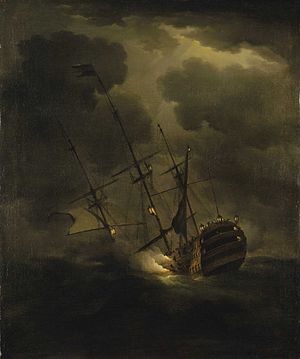So says Odyssey Marine’s Gregg Stemm in an interview with Spiegel Online International.
Here is an excerpt:
SPIEGEL ONLINE: Would you call yourself a treasure hunter?
Stemm: No, that sounds as if we just picked up treasures from the ocean and did not care about anything else. That is not what we do.
SPIEGEL ONLINE: You alway stress the scientific part of what you do rather than the quest for profit. Yet you are CEO of a publicly traded company and have to think about your investors.Stemm: It is a fusion of business and science. Some people might be cynical about it, but I see no difference to medicine, chemistry and other sciences. They all earn money, yet nobody would doubt that they do valuable scientific work. You can be a good businessman and a good scientist at the same time.
SPIEGEL ONLINE: Still, marine archaeologists regard your trade with suspicion. They say commercial salvage companies destroy wrecks and disturb the dead.
Stemm: They do not have any evidence. During our work in the English Channel, we investigated 25 shipwreck sites. We took only very few artifacts and delivered them to the British government. We do not talk about marine archaeology, we practice it. Excavating a wreck like the HMS Victory costs $30 million. No government is willing to spend that kind of money — even less so in a recession.

